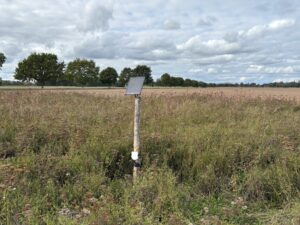Getting the UK’s public services to net-zero will require £140bn of government funding by 2035, according to new research by UNISON.
The public service union found that if the government is to meet its 2050 target for net-zero, the UK’s hospitals, schools, universities, care homes, police stations and other public services all need to be included in the plan.
The report, Getting to Net Zero in Public Services: The Road to Decarbonisation, says that without government funding, public services still ‘reeling from a decade of austerity’, will struggle to decarbonise.
In the absence of significant capital funding, the report found that public services would only be able to move slowly towards net zero, taking resources from already stretched budgets.
According to the report, public services currently account for about 8% of the UK’s greenhouse gas emissions, with the NHS about 4% of that.
The NHS aims to reach net-zero by 2040, and more than a third of councils have committed to be net zero by 2030.
Launching the report in Glasgow, UNISON general secretary Christina McAnea, said: ‘The cost of moving across to greener public services won’t come cheap, but there’s not a moment to lose. The sooner a start can be made, the quicker emissions will begin to come down and public service bills reduce. But the pace of green change needs to increase and significantly too.
‘Private investment won’t provide the solution either. This would mean delay and increased taxes for those least able to pay. The government must borrow now to help public services over the green line. Otherwise, the cost of transitioning will be anything but just.’
Getting to Net Zero in Public Services: The Road to Decarbonisation can be accessed here.
Photo by Ian Taylor















